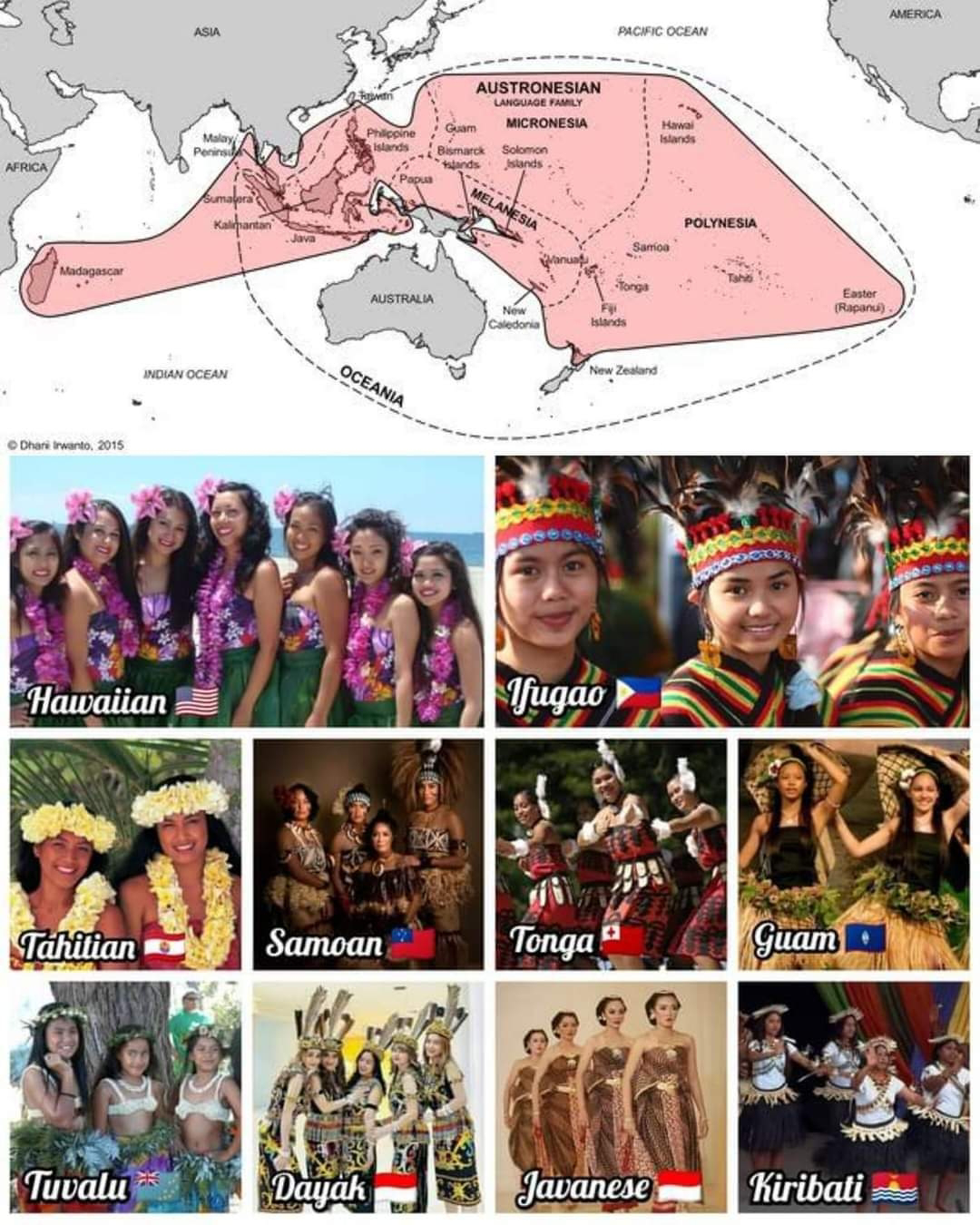AS the 2024 Census program is winding down, controversy and debate have risen to the forefront of public discourse in Papua New Guinea. A spokesperson from East New Britain (ENB) Mr Warvakai Ainui, has voiced critical concerns over the spending linked to the national census.
"Every wards in PNG should have had a population database by now.
“The Ward Recorder and Ward Member should just present the population data and request funding for the ward.
"The millions spent on conducting a national census could have a significant impact if invested in healthcare and educational infrastructure.
"Our priorities should lie in ensuring our people have access to quality health services and educational opportunities," he continued.
He told FM100 that; though the census, is a nationwide exercise aimed at collecting population data and is is critical for government planning and allocation of resources; the logistical and financial burdens of conducting it have many grassroots leaders urging a reassessment of funding priorities.
Census enumerators not having form of identification on them except for the questionnaire folders and small green stickers; is inappropriate for they should have appropriate attire as they are out in the field collecting datas.
This has ignited a wave of debate across the nation, with many questions where the funds allocated for the census should rather be for crucial sectors such as health and education.
He joined a growing number of voices expressing frustration over what they see as unnecessary government expenditures in the face of pressing societal needs.
Residents and local leaders argue that existing ward databases could be utilized for population data, potentially saving the government millions. This, in turn, could alleviate the strain on healthcare facilities and under-resourced schools.
As the debate rages on, the government faces mounting pressure to justify the census expenditure amid calls for transparently addressing the educational and healthcare needs of the population.
The 2024 Census program’s controversy stands as a story to tell to the ongoing struggle between bureaucratic processes and grassroots demands, leaving citizens to ponder the true costs and benefits of this nationwide stir.







